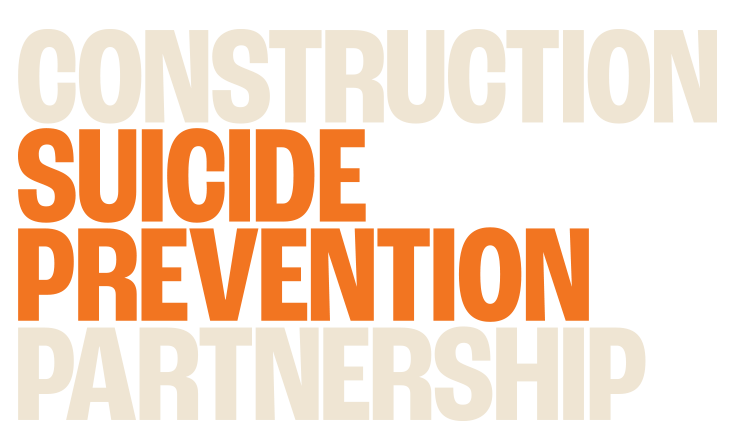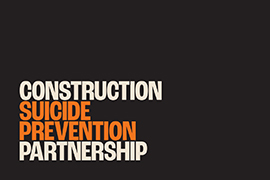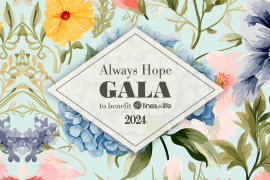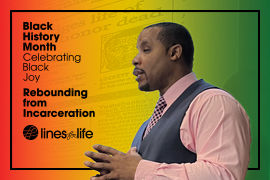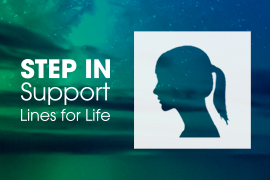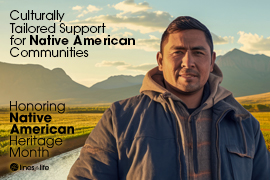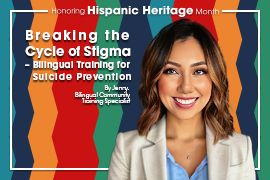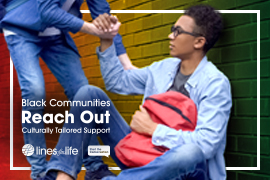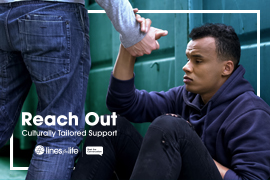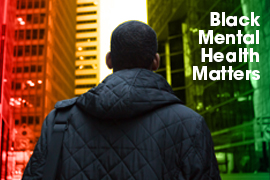Providing Hope and Support for All
Lines for Life is Oregon’s home for the 988 Suicide & Crisis Lifeline. We provide help and hope to individuals and communities through mental health and substance abuse prevention programs and crisis support services.
We bring communities together to promote mental wellness and break the stigma associated with reaching out for help. We offer skills training to help communities recognize and respond to mental health concerns before they reach a point of crisis, and advocate for state and federal policies to create lasting change.
We recognize our communities’ unique needs and offer specific services to reduce barriers for those seeking personalized help – including support services for Veteran and Military communities and services providing emotional support and resources to those impacted by racism.
Above all, we’re here to support you – wherever you are, anytime. Many of our helplines are available 24/7 to get you the right support, right now.
Mental Health Helplines
We’re here to listen and help you get through today with free, 24/7 mental health support over phone, text, or chat.
Support for Substance Use & Recovery
We can help you access free recovery and detox resources, harm reduction services, affordable providers, and talk through barriers you may be facing to starting drug & alcohol treatment.
Find the Right Support for You
We offer several community-specific services with personalized support honoring a variety of identities and experiences.
Empowering Communities for Mental Wellness
Lines for Life develops and advocates for culturally responsive and affirming mental health care to support the needs of diverse communities.
Our Equity programs rely on leadership, input, and feedback from communities of color. We’ve created our programs to meet the unique needs of underserved populations and grow community skills in dispelling stigma, identifying mental health needs, and intervening in a crisis.
Learn more about our Equity Initiatives
Help for Service Members, Veterans, and their Families
Lines for Life remains a leader in support for Service Members, Veterans, and their Families (SMVF) in Oregon and beyond. We are developing new tools to prevent and address crisis before, during, and after military service. Learn more about our SMVF Programs
Join the Conversation
Want to become an ambassador for mental wellness? Join us and advocate for mental health, gain skills and resources, and help prevent substance abuse and suicide.
Become a Volunteer
Interested in giving back by supporting others on our helplines? Our volunteers receive professional training, participate in community events, and become strong candidates for behavioral health professions.
Register for Trainings
You never know when someone who is struggling might need your help. We offer a variety of training courses for anyone who wants to be equipped to help in a mental health crisis.
Donate to Lines for Life
Your help keeps us going 24/7 and makes our innovative programs and services possible.
Join the Lines for Life Team
Join our dynamic team of caring, compassionate professionals who fulfill our mission in a rewarding work environment. Learn more about our career opportunities and view current openings.
Help Spread the Word
Want to share Lines for Life services and resources in your community? We have a searchable catalog of our videos, printable promotion materials, and more.






